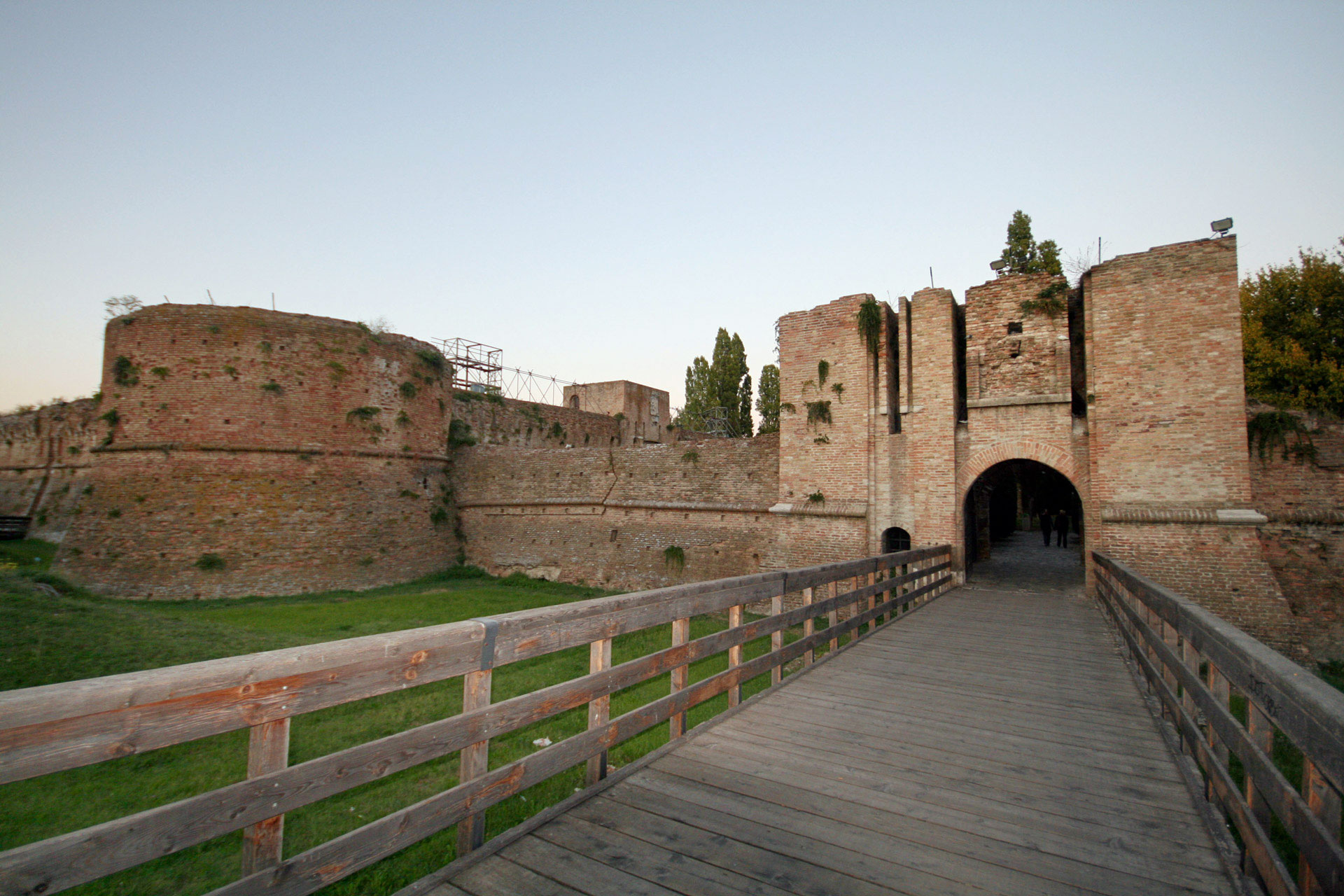© Luca Concas
The Battle of Lepanto
concept Gabriele Miracle
text Gabriele Miracle and Mauro Morini
Gianluigi Tosto actor
La Pifarescha
Marco Ferrari bombards, flutes, bagpipes, zurna, ney, kaval
Stefano Vezzani bombards, flutes, drum flute
Mauro Morini trombones, buisine, slide trumpet, olifant
David Yacus trombones, buisine, olifant
Gabriele Miracle war drum, tambourine, cymbals, triangle, castanets, tapan, naqqarat, riqq, psaltery
Fabio Tricomi vielle, drum flute, jew’s harp, tombak, davul, tambourines
music Moritz von Hessen, Francesco Bendusi, Josquin Desprez,Tielman Susato, Guillaume Dufay, Jacobus Handl, Antonio Valente, Paolino d’Aquileia, Anonimi XV e XVI secolo
The dawn of 7 October 1571, in the stretch of sea off the city of Lepanto, the Holy League, made up of Venetian, Spanish, Neapolitan and Genoese forces together with those of the Papal State, faces the Turkish fleet and, after a long and bloody battle, defeats it, thus bringing to an end Turkish dominance over the Mediterranean. This is the historical episode from which the show takes its shape, in the form of a hypothetical travel diary: a common man, a man of the soil loaned to the sea and then projected into a whirlwind of experiences far removed from his small world, rich in simplicity yet at the same time poor on a human, financial and cultural level. But the story is not left to the words alone, because text meets music. On the one hand, the voice of Gianluigi Tosto frames the events, it enriches them with anecdotes, historical and literary testimonies, recreating the gaze and feelings of this man, protagonist of an extraordinary journey, against his will; on the other hand, the music chosen by La Pifarescha gives substance to the very dimension of the journey in that far-off century. Pieces with a cultured air convey the pomp of the European courts and the grandeur of the Holy League, others of a popular tradition instead take us back to the world of our hero, while those of the Balkan and Greek tradition refer to the Mediterranean and Lepanto just as the thunderous fanfares of the Janissaries allude to the Turkish army.


